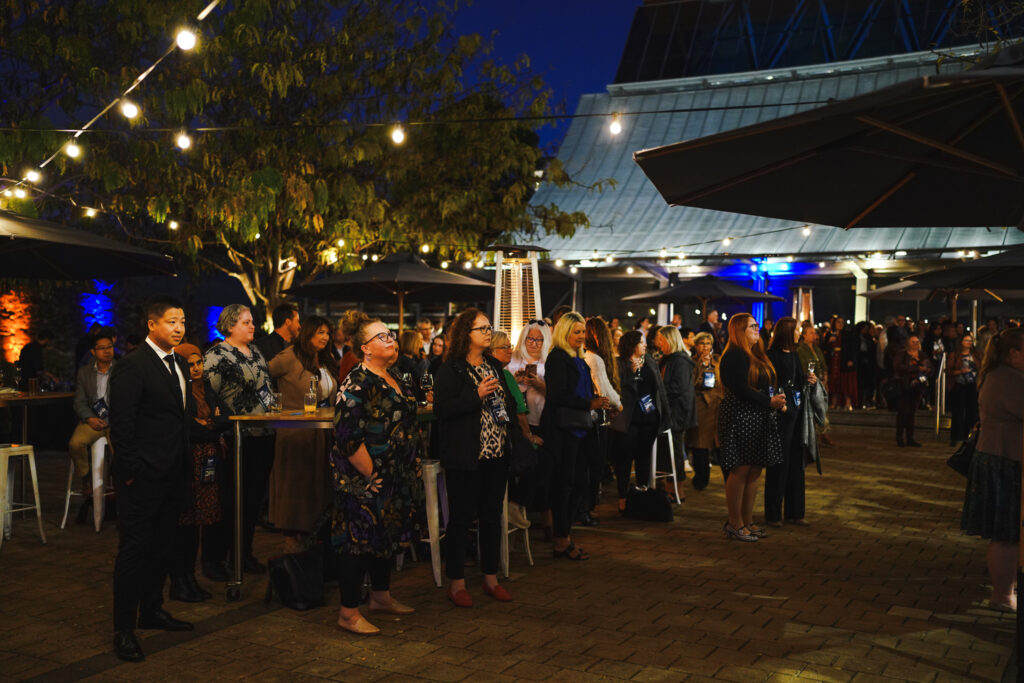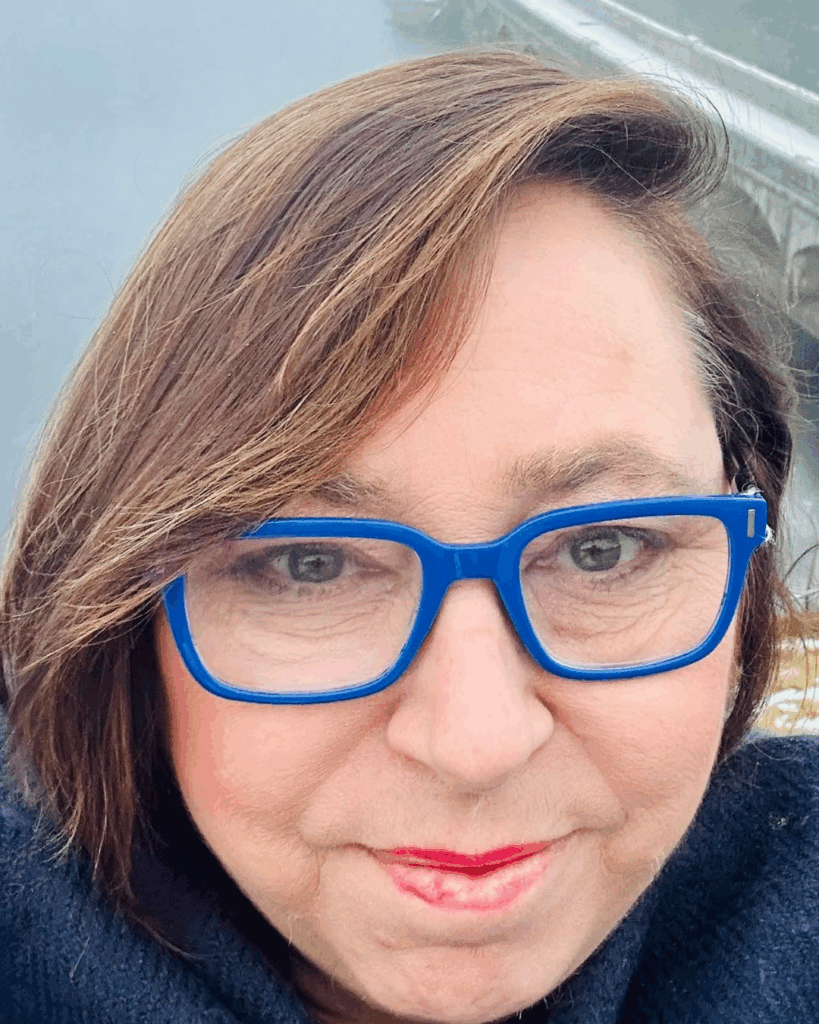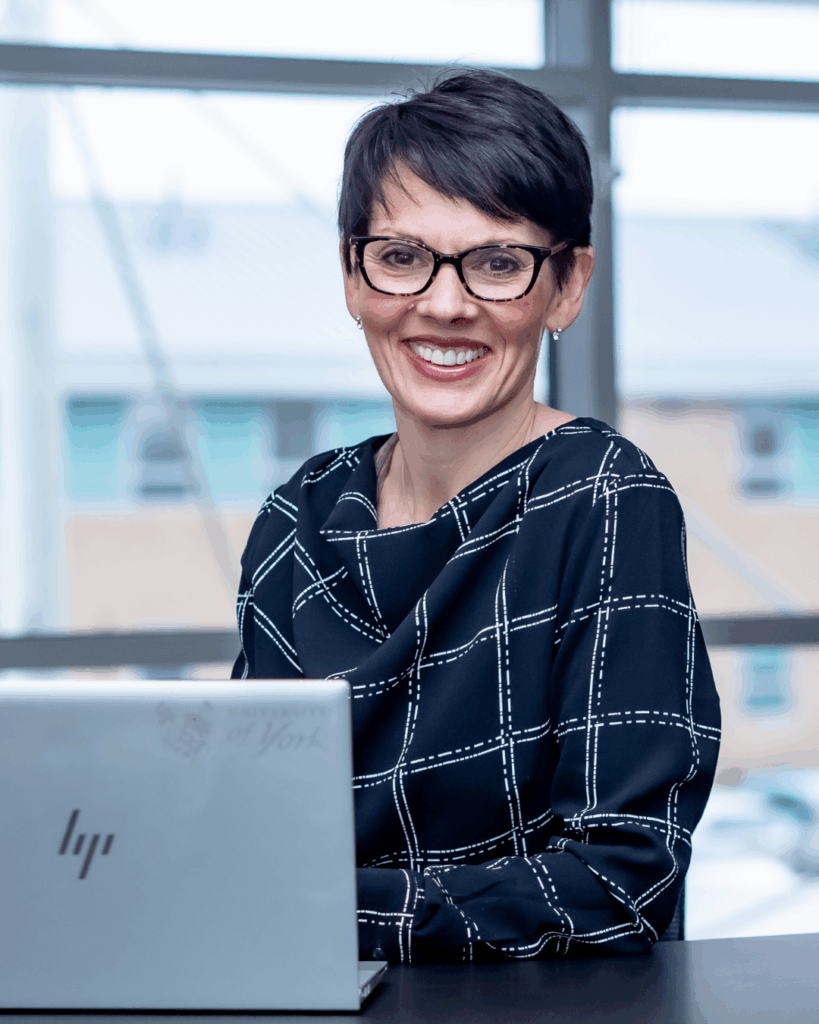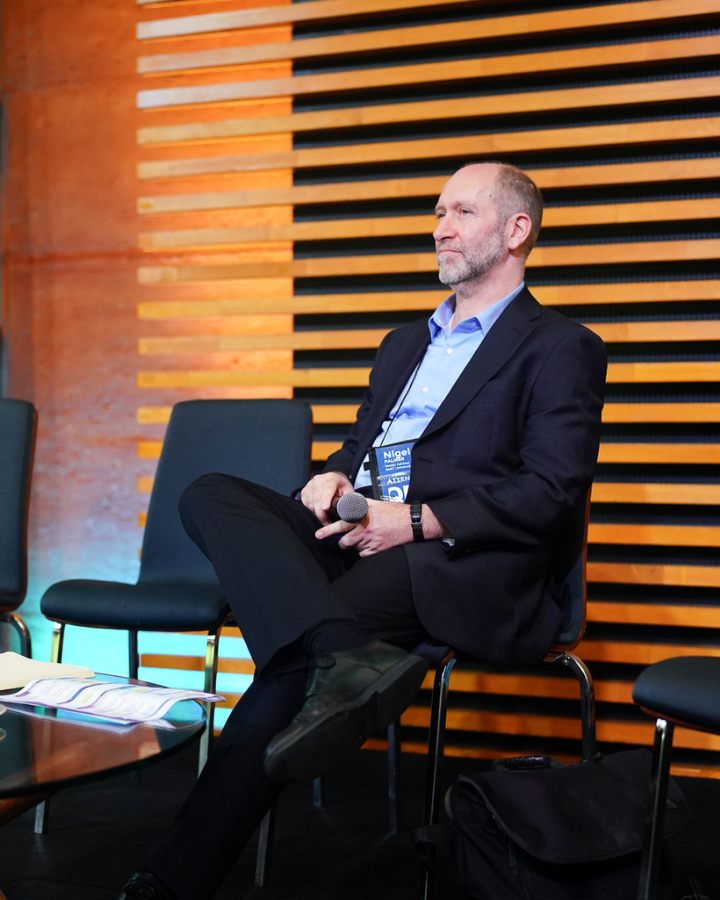Quality in Postgraduate Research
Transforming Graduate Research for the Future
15-17 April 2026
National Wine Centre of Australia, Adelaide, SA
Quality in Postgraduate Research (QPR) is the world’s biggest & longest-standing conference on Graduate Research Education, and we are excited to confirm that the 15th QPR conference will be held once more at National Wine Centre of Australia set in the South Australian capital’s beautiful Botanic Gardens between 15-17 APRIL 2026.
Like its predecessor conferences, QPR2026 will bring together educational researchers, policy makers, research students, research degree supervisors, and university leaders for the purpose of better understanding the policies, processes, practices, pedagogies and theoretical frameworks which inform and govern doctoral and research masters education.
The postgraduate research degree landscape and the political, social and cultural environment in which it is situated face a period of significant uncertainty. Understanding the nature of this changing landscape is crucial to identifying possible futures for and fresh ways of shaping doctoral education. We are at a key point in time in which we should collectively consider fundamental questions and issues pertinent to Graduate Research Education and explore the possibilities of transformation for the future. It is with this challenge in mind that the QPR2026 Conference Steering Committee invites submissions informing the following theme:
Transforming Graduate Research for the Future
Abstract acceptances have now been sent. Authors, please check your mail!
For acceptance details you can also visit the Submit page (here).
Registrations to attend are now open. 2024 was a sold out event so secure your tickets by 28 February to take advantage of the Early Bird rate.
* Full Reg 15-17 April EARLY BIRD $1045
* Full Reg 15-17 April General Rate $1145
* Day Reg EARLY BIRD $500
* Day Reg General Rate $520
================================================================
On behalf of the Steering committee,
– Professor Alistair McCulloch (alistair.mcculloch@unisa.edu.au)
– Dr Dani Milos (dani.milos@flinders.edu.au)
– Associate Professor Tania Crotti (tania.crotti@adelaide.edu.au)
If you have any questions, please feel free to get in touch with alistair.mcculloch@unisa.edu.au or Conference manager, Lea McBride admin@qpr.edu.au +61 414 437 553
Listen to the QPR Theme Song Ramsey Lewis Trio – Wade in the Water
QPR2026 – Keynote Speakers
2024 Moments
See More about QPR2024



